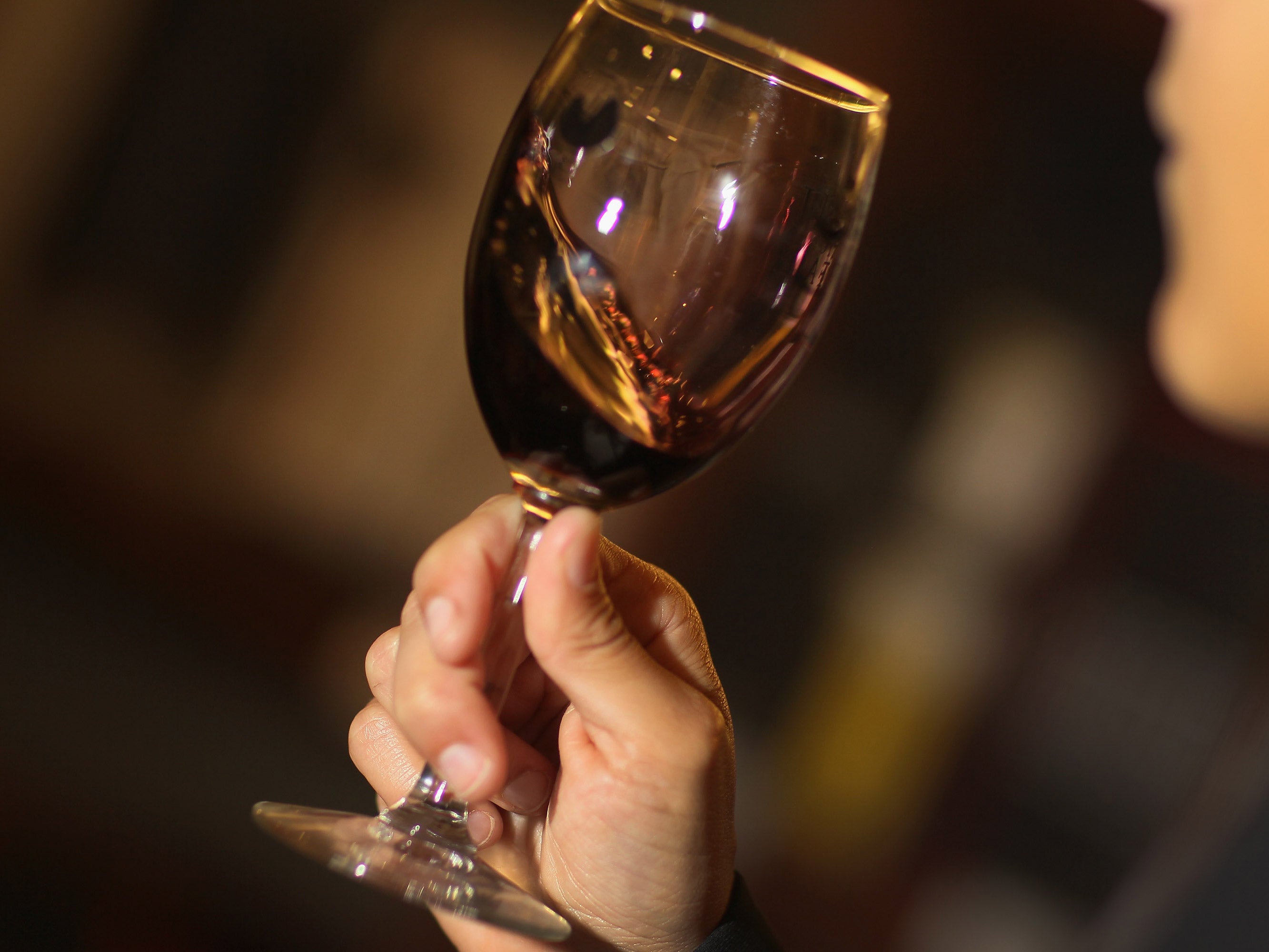One in ten people 'unable to stop drinking once they've started'
12 per cent of people found they could not stop drinking alcohol once they had started with some finding this to happen on a weekly or daily basis

Your support helps us to tell the story
From reproductive rights to climate change to Big Tech, The Independent is on the ground when the story is developing. Whether it's investigating the financials of Elon Musk's pro-Trump PAC or producing our latest documentary, 'The A Word', which shines a light on the American women fighting for reproductive rights, we know how important it is to parse out the facts from the messaging.
At such a critical moment in US history, we need reporters on the ground. Your donation allows us to keep sending journalists to speak to both sides of the story.
The Independent is trusted by Americans across the entire political spectrum. And unlike many other quality news outlets, we choose not to lock Americans out of our reporting and analysis with paywalls. We believe quality journalism should be available to everyone, paid for by those who can afford it.
Your support makes all the difference.One in ten of us are unable to stop drinking once we’ve started and nearly a quarter feel guilty after drinking, according to a recent survey.
The You Gov assessment discovered that 12 per cent of people found that they could not stop drinking alcohol once they had begun in the last year and small numbers found this happening on a weekly or daily basis.
Despite reports that Britain’s youth are beginning to shun the booze, the survey unearthed that alcohol use was most prolific among young people with over a third of 18-24 year olds consuming alcohol to a “harmful” extent and 5 per cent drinking to “problematic” levels.
The survey also found that those who voted Liberal Democrat in last month’s General Election were more likely to keep swigging as opposed to their Conservative peers who were the least likely to have a heavy night.
Liberal Democrat supporters were also the most likely to feel guilt or remorse after drinking of all politcal supporters and overall 20 per cent of participants felt remorseful after a drunken night.
Drinkaware, an alcohol awareness charity, say that finding it hard to stop drinking may be a sign of alcohol dependency, along with feeling the need to drink when you wake up in the morning or worrying about where your next drink is coming from and planning work, social or family events around alcohol.
Dr Nick Sheron, a liver specialist from Southampton University, told the charity: “People tend to think of alcohol dependency as black or white. They think they know what it looks like. But everybody who is drinking on a regular basis, reasonably heavily will have a degree of alcohol dependence.”
“That might be manifested as the idea that you can’t conceive of going out and having a good night out without having a few drinks. Or you have people who can have a few drinks and then they can’t stop drinking. We see people around us doing this all the time. But we don’t think of them as being dependent on alcohol.”
Join our commenting forum
Join thought-provoking conversations, follow other Independent readers and see their replies
Comments